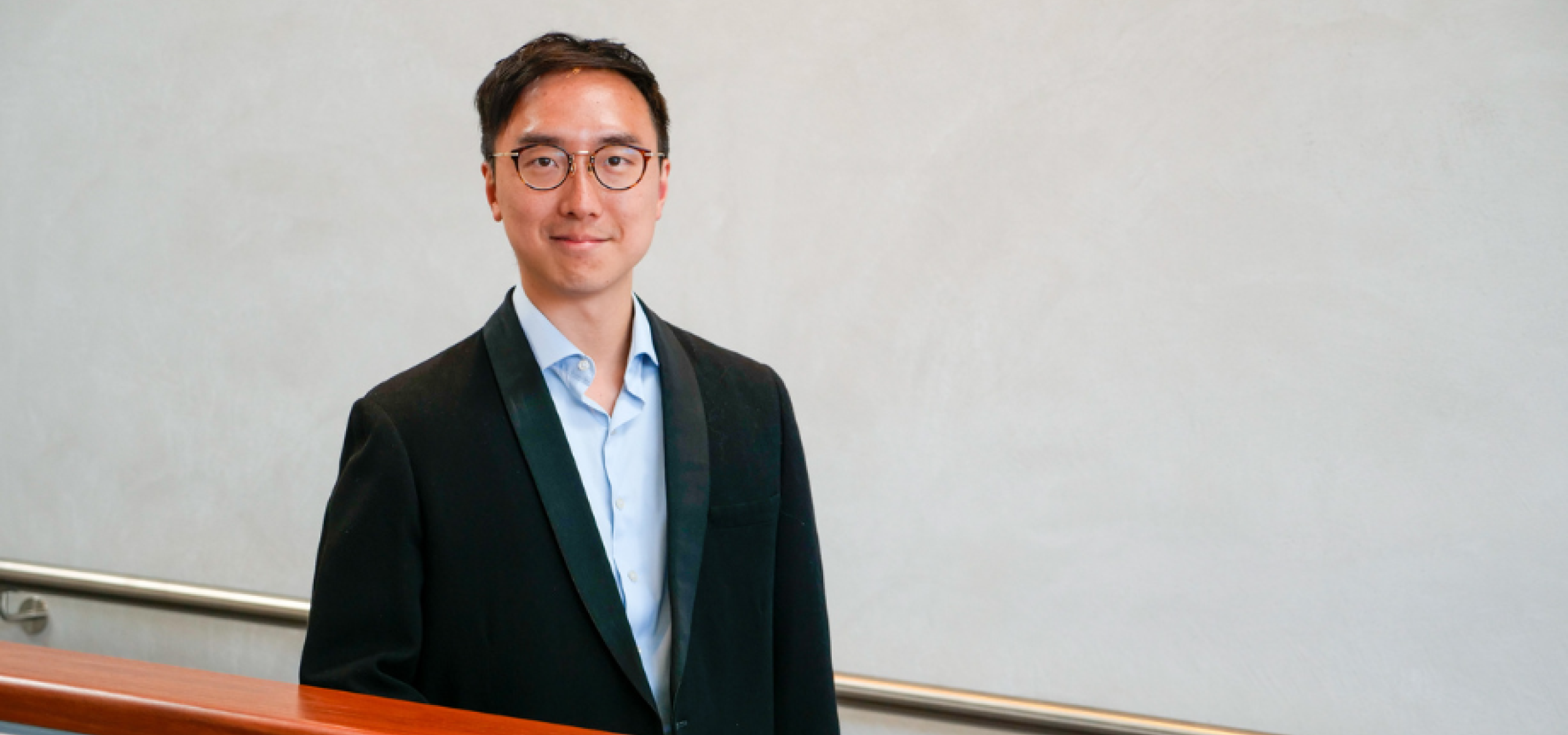
Postdoctoral fellow Dr Alvin Hoi-Chun Hung recently completed his PhD exploring the role of legal culture in constructing management-labour relations in factories in China and Myanmar.
My research suggests that people should acknowledge the limitations of workplace diversity training and recognise cultural differences in subtler forms.
When China started its reform and opening-up in the 1970s, it ushered in the world’s greatest economic transformation.
In the decades that followed, the ‘factory of the world’ boomed on the back of high investment, low labour costs and soaring exports.
Appliances. Clothes. Electronics. Toys. A common trait among nearly all commodities was the country-of-origin label: ‘Made in China’.
Now, a new transformation is happening.
Rising costs, regulatory reforms and structural changes to private light manufacturing industries are shifting operations to countries with cheaper land and labour.
Dr Alvin Hoi-Chun Hung, a postdoctoral fellow at The Australian National University (ANU) College of Law, witnessed this firsthand while backpacking in Myanmar in 2017.
“I saw many Chinese factories in Yangon and Chinese people working in hotels and construction sites,” Dr Hung said.
This experience sparked Dr Hung’s interest in ‘East and East’ cross-cultural workplace relations.
“These Chinese people as managers need to adapt to a different culture when applying their skills and experiences,” Dr Hung explained.
“Burmese workers at Chinese companies, on the other hand, are exposed to an unfamiliar work environment. This makes it necessary for them to adapt their work style to unfamiliar expectations and learn new organisational cultures.
“Other factors, such as a lack of a common language, also make mutual adaptation difficult.”
Crossing new research frontiers
Dr Hung recently completed his PhD at the University of Oxford exploring the role of legal culture in constructing management-labour relations in factories in China and Myanmar.
His doctoral research is based upon extensive fieldwork conducted at a Chinese-invested garment factory in Myanmar.
“Chinese overseas enterprises remain largely a ‘black box’ in research, despite the complexity of cross-cultural industrial relations,” Dr Hung said.
He explained that existing research approaches “fail to consider the local context and fail to explore how people construct meanings about social practices across cultural boundaries”.
Dr Hung’s research seeks to fill this gap. He does this by investigating the “culturally-shaped forces” and “expectations mismatches” that contribute to tensions in cross-cultural workplaces.
“My research examines how people relate to the work environment, deal with cross-cultural interactions and respond to cultural differences,” Dr Hung said.
He analyses both the impact of “individual perceptions” and “broader sociocultural influences” on cross-cultural workplaces.
Challenging beliefs, making new discoveries
Dr Hung outlined how his research findings challenge the belief that “Chinese and Burmese people share many ‘similarities’ in terms of cultural orientation”.
“My research reveals subtle, yet critical differences in their perceptions, visions, and expectations,” he said.
“This includes how good leadership and governance should be implemented, and how hierarchical distinctions and leader-follower distance should be maintained.
There are also key differences when it comes to principles of reciprocity, fairness, and work ethic.”
Dr Hung’s research also revealed the role that supervisors and interpreters play in bridging cultural barriers, as well as how they can be constrained by organisational power and management.
Implications for future research
Dr Hung’s findings raise key considerations for organisations venturing overseas and recruiting local employees.
“My research suggests that people should acknowledge the limitations of workplace diversity training and recognise cultural differences in subtler forms,” Dr Hung said.
“They should develop cultural sensitivity through a long-term process of active reflection on cross-cultural interactions.”
Dr Hung’s thesis reflects his core research interests in examining private law and near-law phenomena from socio-legal perspectives.
“Following on from my thesis, I examined the legal history of enterprise regulation in the People's Republic of China era,” he said. “This included the way in which legal consciousness of Chinese managers evolved in the face of drastic changes.”
Dr Hung believes that more scholars in Asia should study law and legally-oriented phenomena from comparative law, law and society, and law and humanities perspectives.
“These perspectives view law as both a product of social forces and an integral part of social order,” he said. “They analyse social reality and attest to the nuanced nature of law.
“This enables us to gain additional insight into the richness of law that remains understudied.”